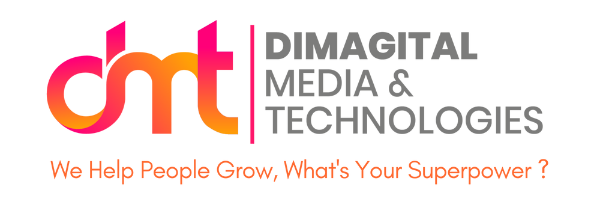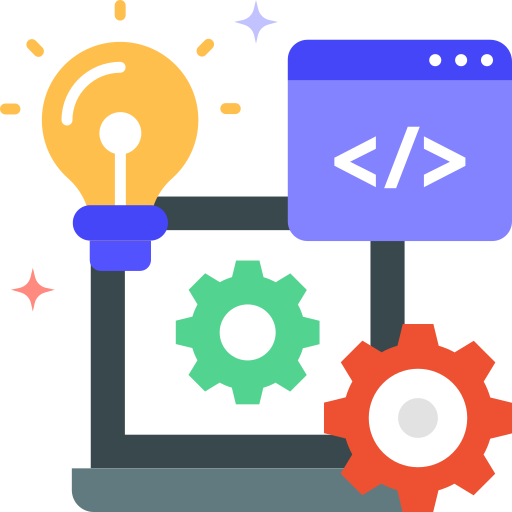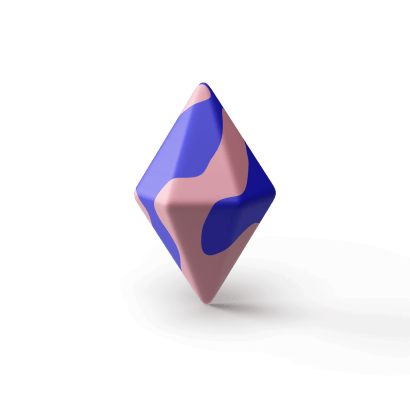A distributed, cryptographically secure database structure called a blockchain enables network users to create a reliable, unchangeable record of transactional data without the use of middlemen. A blockchain can carry out a number of tasks in addition to transaction resolution, like smart contracts. Smart contracts are digital contracts that can have any number of formats and conditions since they are integrated in code. Blockchains have demonstrated that they are superior options for securely coordinating data, but they can also be used for tokenization, incentive design, assault resistance, and counterparty risk reduction, to name just a few. The Bitcoin blockchain, which itself was the result of more than a century's worth of progress in database and encryption, was the very first blockchain.



























